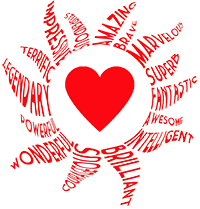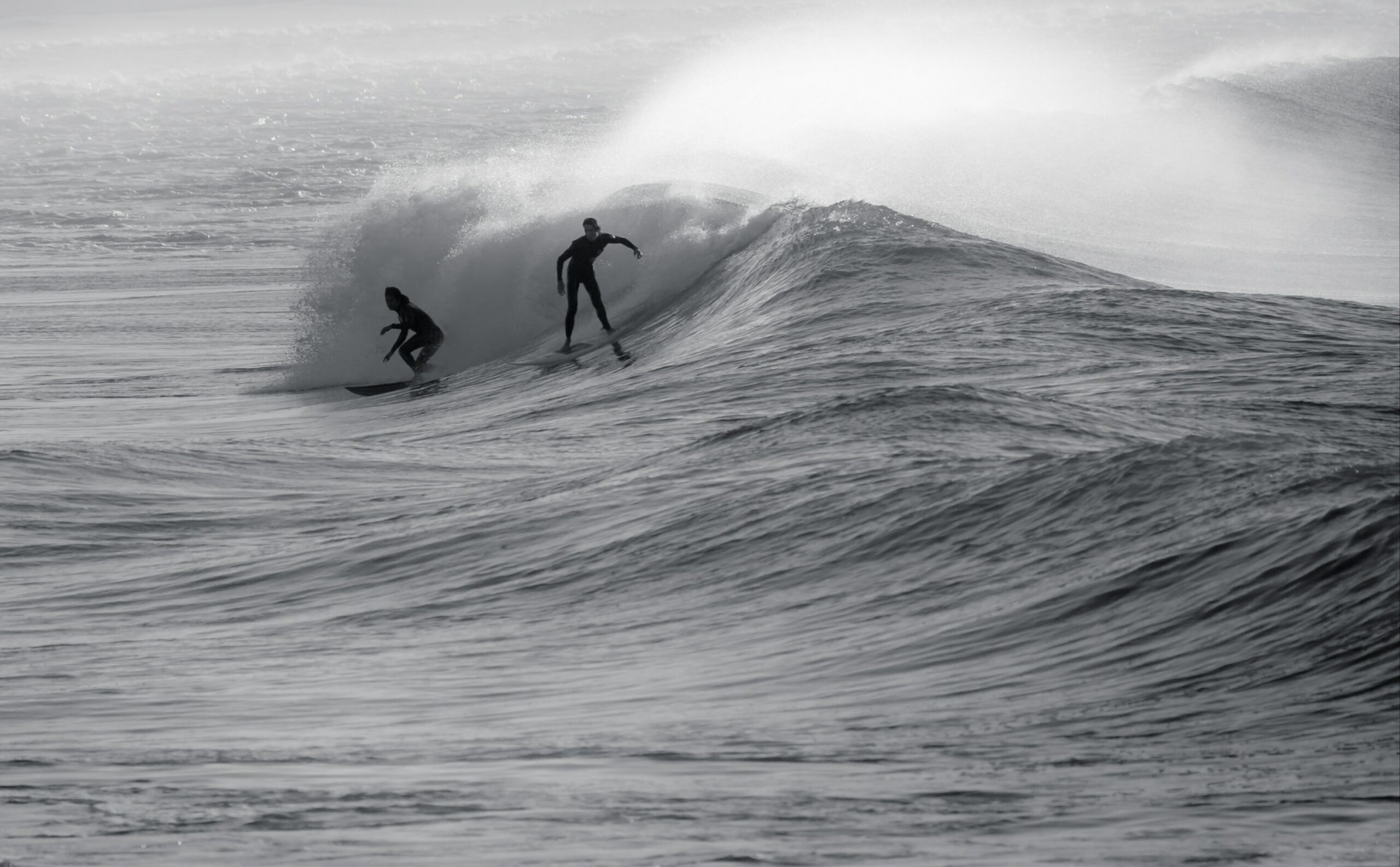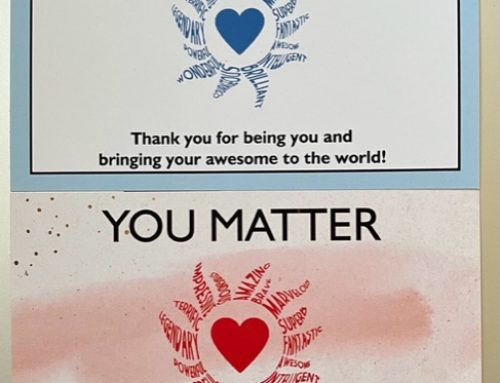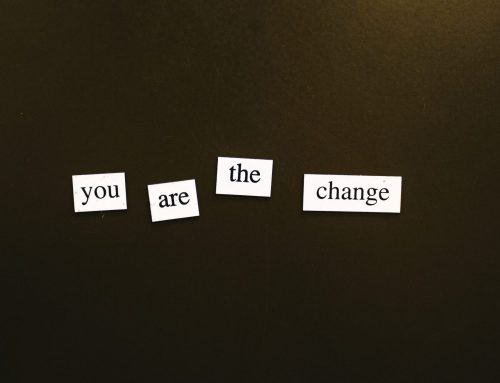I am not a surfer. I am not super confident with my swimming skills. I do enjoy kayaking, especially on calmer waters. I do enjoy a lazy river at a water park as well. This past week I watched “Soul Surfer” the true story of Bethany Hamilton who survived a shark attack in 2003 when she was 13 years old.
“Courage is resistance to fear, mastery of fear, not absence of fear.” Mark Twain
One of the many things that resonated with me as I watched this movie is how every surfer interviewed shared a fear of sharks and a shark attack. Prior to Bethany’s shark attack when her mom was recording Bethany and her friend, asking if they were afraid of sharks, both girls said yes that scares us. Yet for Bethany, and all of these other surfers, the joy that comes from surfing overrode the fear.
“Courage doesn’t mean you don’t get afraid. Courage means you don’t let the fear stop you.” Bethany Hamilton
The reality for all of us is there are things in life that we do which we are fearful about. Whether you are a student, an athlete, working, afraid of falling in love, learning a new skill or a multitude of other things fear is involved somewhere, somehow. The great news is you can take actions to override the fear to do or go after what is on the other side of you fear just like Bethany Hamilton and all the other surfers who find such joy in surfing despite being afraid of sharks.
“Life shrinks or expands in proportion to one’s courage.” Anaîs Nin
This is where are lovely brains and the power of neuroscience can help. The human brain cannot focus on more that one thing at a time. An article in Thought.co states “The human brain cannot perform two tasks that require high-level brain function at once. Low-level functions like breathing and pumping blood aren’t considered in multitasking. Only the tasks you have to “think” about are considered.” “The Only Thing You Need to do to overcome fear according to neuroscience” in Inc. Com states “Earl Miller is a cognitive specialist and neuroscience professor at MIT. His research found that humans cannot focus on more than one thing at a time. Most of the application of his research has focused on our inability to multitask and how to increase brainpower. Yet, when you understand that to feel fear you have to consciously think about it, then you can take the research and apply it to almost any situation. This does not apply to unconscious or instant fear, fear that is an emotion. This research applies to the main type of fear we feel daily, which is conscious fear based on our expectations and perceptions. Since our brains only can consciously focus on one thing at a time, once you are in the act of doing, your fear fades away. Therefore, taking action reduces conscious fear.”
What Bethany Hamilton, all of those other surfers, and multitudes of people around the world are doing on a daily basis is focusing on what and how they are doing what they are doing. The reality for all of us is we have worked through our fear many times. We have used our courage muscle conquering all sorts of waves that we have rode to our own personal victory.
“Feel the fear and do it anyway.” Unknown
Does this mean I am going to go and learn how to surf? Nope. That is not an interest of mine and not something I want to pursue. Yet there are other areas of my life where I can let me fear hold me back. That is going to change because I know I can overcome my fears. I have many times in the past and can do it again. For you this means if there are things you want to pursue and conquer in your life go for it. You have the courage and ability to be rad in the pursuit of what sets your soul on fire despite your fear.
May your surfing be with you💜
Here is the link to the article from Inc.Com:
https://www.inc.com/mareo-mccracken/this-neuroscience-trick-will-help-you-overcome-any-fear.html
Photo by Photoholgic on Unsplash







